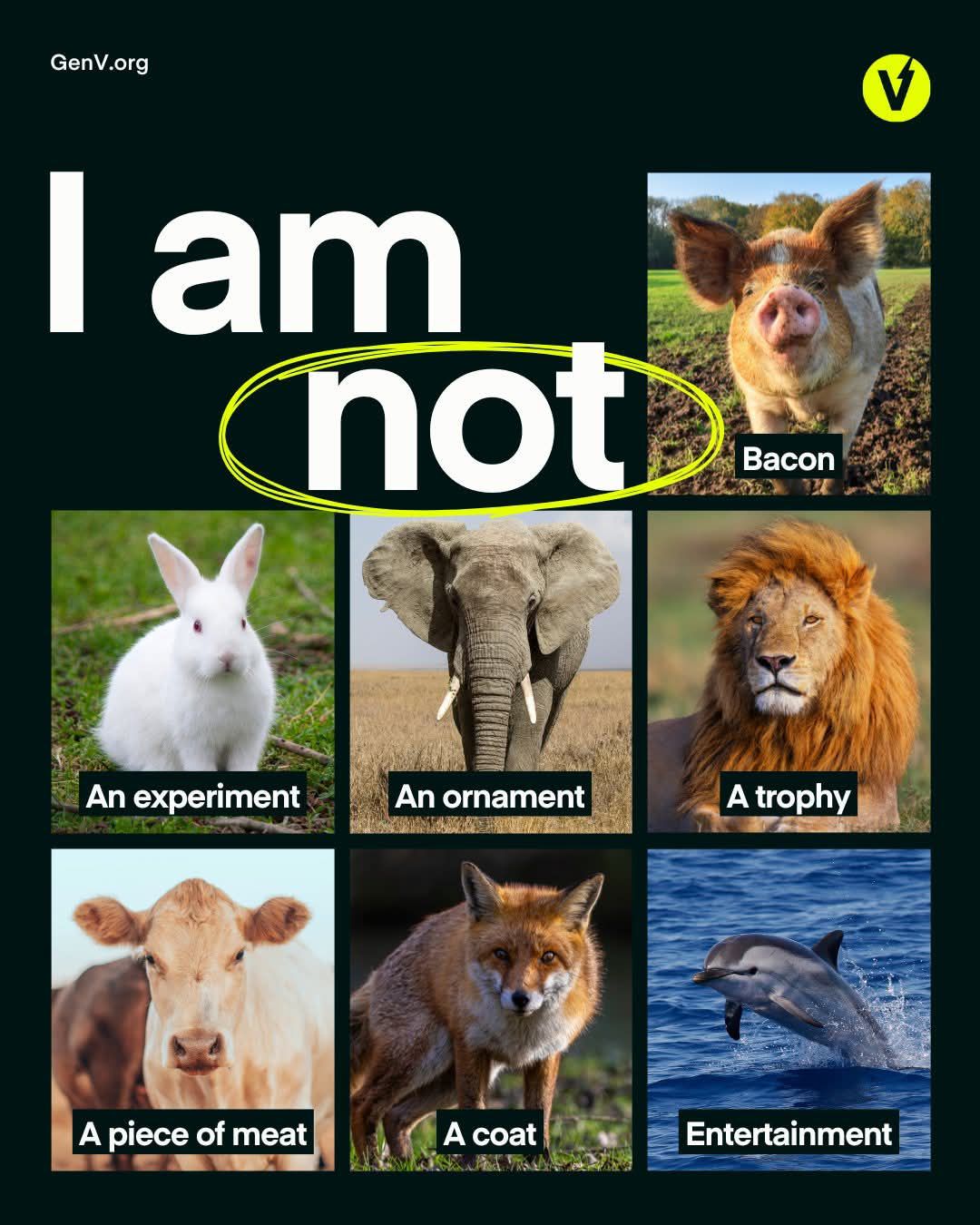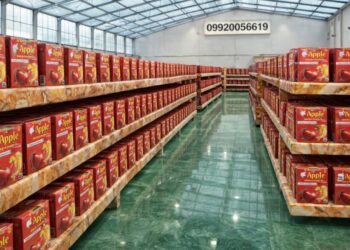Most people want to do good. We care about animals, worry about climate change, and want a healthier world for our children. Yet, three times a day, many of us unwittingly support an industry that directly contradicts those values.
Factory farming—the industrialized system used to produce the majority of the world’s meat, dairy, and eggs—is one of the most destructive forces on the planet. It causes immense suffering to animals, pollutes the environment, worsens public health, and deepens global inequality.
But once we understand the truth, we can begin to change it.

🐄 Factory Farms: A System of Silent Suffering
The foundation of factory farming is efficiency at any cost—even if that cost is pain, fear, and early death for billions of animals each year.
- Cows used for dairy and beef are forcibly impregnated, separated from their calves, and subjected to mutilations like dehorning and tail docking. Their natural lifespan of 20+ years is cut down to just a few.
- Pigs live much of their lives in cages so small they cannot turn around. Piglets are castrated without anesthesia, and many never see sunlight.
- Chickens and other birds are bred to grow so large so fast that they often collapse under their own weight. Layer hens are confined to wire cages where they cannot spread their wings.
- Fish and aquatic animals suffer in overcrowded nets and tanks, unable to escape stress, disease, and brutal slaughter methods. Despite their complex cognition and ability to feel pain, they are offered no legal protection.
These conditions are not rare—they are standard. Behind the meat aisle’s clean packaging lies a brutal reality of commodified suffering.
Explore more about animal sentience to understand why this suffering matters.
🌍 Environmental Destruction: A System That’s Devouring the Planet
Factory farming doesn’t just harm animals—it’s one of the leading drivers of environmental destruction.
- Greenhouse gas emissions: The livestock sector accounts for nearly 15% of global emissions, more than all the world’s transportation combined. Climate change and animal agriculture are deeply intertwined.
- Deforestation and habitat loss: Forests are cleared to make room for grazing or to grow feed crops like soy—contributing to mass biodiversity loss .
- Water and soil pollution: Manure from factory farms leaches into rivers, lakes, and groundwater. This leads to toxic algal blooms, dead zones, and contaminated drinking water. Learn more about the impact on water and soil .
- Ocean collapse: Industrial fishing and fish farming destroy marine ecosystems, overexploit species, and devastate coral reefs.
These environmental costs aren’t optional add-ons—they’re baked into the business model of factory farming. Without radical change, the planet will continue to suffer irreversible damage.
🧬 The Human Cost: Our Health and Our Communities
We often think of factory farming as a threat to animals and nature—but it’s a threat to us, too.
- Public health: Overcrowded farms are breeding grounds for disease. The widespread use of antibiotics in livestock has contributed to the rise of antibiotic-resistant “superbugs.” Learn more in the public health section .
- Diet-related disease: High consumption of animal products is linked to heart disease, diabetes, and some cancers. In contrast, plant-based diets are associated with lower risks and longer lives.
- Worker exploitation: Factory farm and slaughterhouse workers—often immigrants or people of color—are subjected to some of the most dangerous and dehumanizing labor in the modern economy.
- Social injustice: Communities living near large animal farms face air and water pollution, foul odors, and increased respiratory problems. These farms are often located near low-income neighborhoods, compounding systemic inequality.
Factory farming is not just an animal issue—it’s a human rights issue.
🌱 The Solution: Compassionate, Sustainable Change
The scale of the problem may seem overwhelming—but the solution is beautifully simple: eat fewer (or no) animal products and support ethical, sustainable alternatives.
- Go plant-based: You don’t have to go vegan overnight. Start with one meal a day, a few days a week, or try plant-based transitioning tips that work for your lifestyle.
- Join the community: The vegan movement is growing worldwide, creating support networks, sharing recipes, and pushing for policy change.
- Take action: Support legislation that protects animals, oppose subsidies to factory farms, and educate others about the true cost of animal products.
- Rethink your purchases: Use cruelty-free products, avoid leather and fur, and support businesses aligned with your values.
Change begins with awareness—but it continues with action.
🌟 A Kinder Future Is Possible
Factory farming survives because it is hidden—from our eyes, our language, and our institutions. But when we dare to look, we unlock the possibility of something better.
A food system that values life over profit.
A world where animals are not treated as things.
A planet where sustainability is not sacrificed for convenience.
A society where compassion leads policy.
That world is possible—and it begins with you.
Explore more, share what you learn, and take the first step toward a more ethical life at cruelty.farm . Because when we choose kindness, everyone wins.










